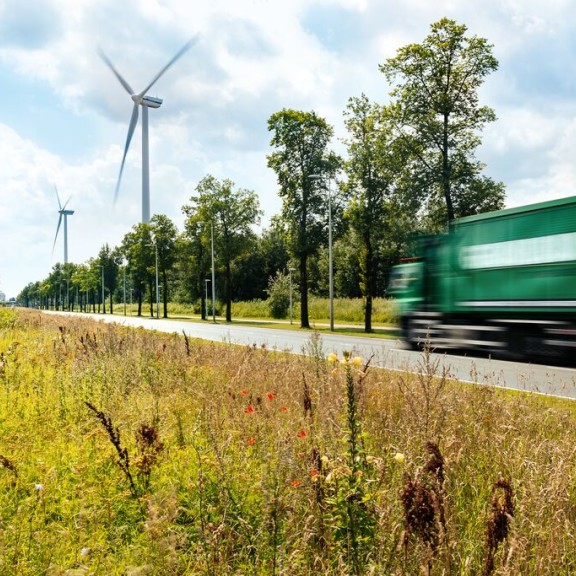
Stricter nitrogen regulations introduces
A ruling by the Dutch Council of State on December 18, 2024, has further tightened nitrogen regulations—also affecting businesses in the Amsterdam port area. Entrepreneurs who emit nitrogen near protected nature areas (Natura 2000) will now more often have to meet additional conditions for new projects, even if they already hold a nature permit.
Internal offsetting no longer exempt from permit requirements
The ruling limits the possibility for companies to offset nitrogen emissions from an old project against those of a new one at the same location (internal offsetting). Previously, businesses holding a nature permit were allowed to start a new project as long as it did not increase overall nitrogen emissions.
From now on, each project must be assessed independently—without taking the previous situation into account. Nature conservation law requires that it first be investigated whether the expansion or change, by itself, could have significant effects on protected nature areas. If such effects cannot be ruled out, a permit application and an appropriate assessment are required.
This means that, going forward, a new permit will almost always be necessary.
More information can be found in the Council of State's press release (in Dutch).
Retroactive effect
The ruling also affects businesses that applied internal offsetting between January 1, 2020, and January 1, 2025, and were not required to obtain a permit under the old rules. Activities that were modified during that period may now require a permit under the new regulations.
To ensure legal certainty, the Council of State has introduced a transitional period until January 1, 2030. Companies can use this time to assess whether they still need a nature permit or whether their activities should be adjusted. This does not mean that provinces cannot enforce the rules until 2030. They may still take specific measures if a Natura 2000 site is deteriorating.
Greenpeace vs. the Dutch State
In addition, on January 22, 2025, the District Court of The Hague ruled in a case brought by Greenpeace against the Dutch State. The court found that the State is acting unlawfully by failing to stop the deterioration of nitrogen-sensitive nature in Natura 2000 areas in time, and by not meeting the statutory nitrogen targets for 2025 and very likely also failing to meet them for 2030. The implications of this ruling for the permitting process are not yet clear.
Businesses with questions about their operations are advised to consult their environmental advisor or contact the competent authority (province or environmental agency).
Contact Port of Amsterdam: Marit Hooijboer, Project leader Ruimte en Milieu, marit.hooijboer@portofamsterdam.com, +31-651233230.